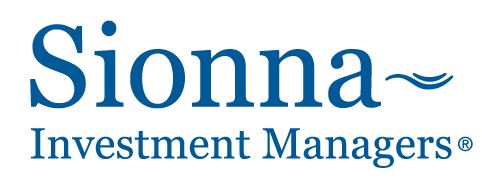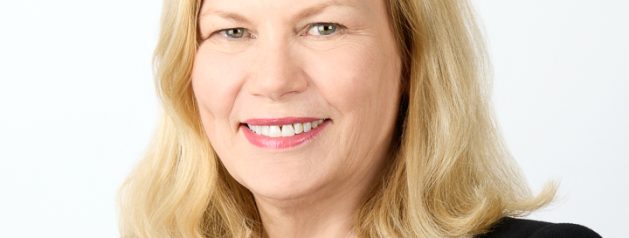The Home Country Bias Series
In this installment of The Home Country Bias, we feature a core holding across many of our strategies - Canadian Tire (CTC).
The “Buy Canada” movement, paired with resilient consumer spending, targeted merchandising on behalf of CTC’s team, an expanded loyalty offering, and meaningful buyback activity, has positively impacted CTC's stock price this year. But, not all Canadian Tire’s success is due to the “luck” of being the quintessential Canadian retailer at a time of elevated patriotism.


